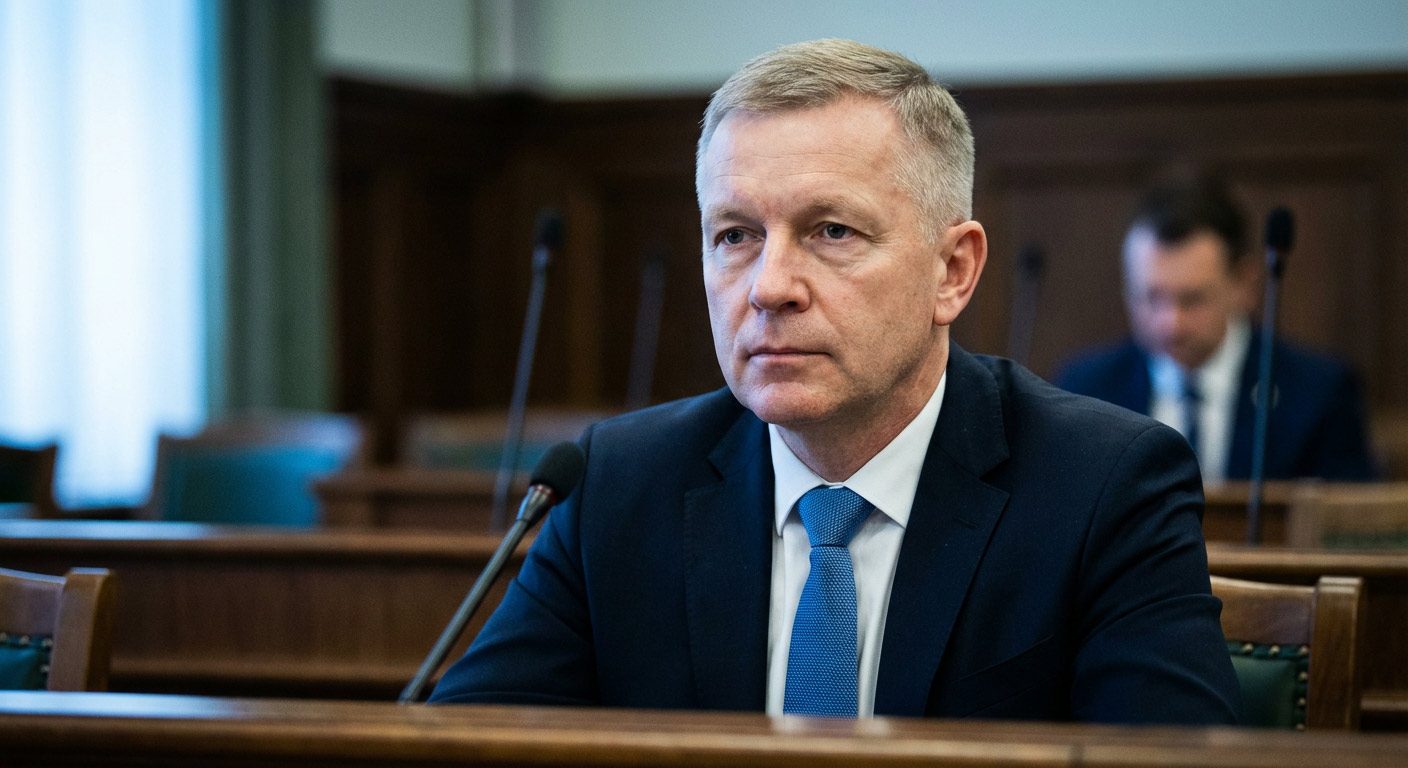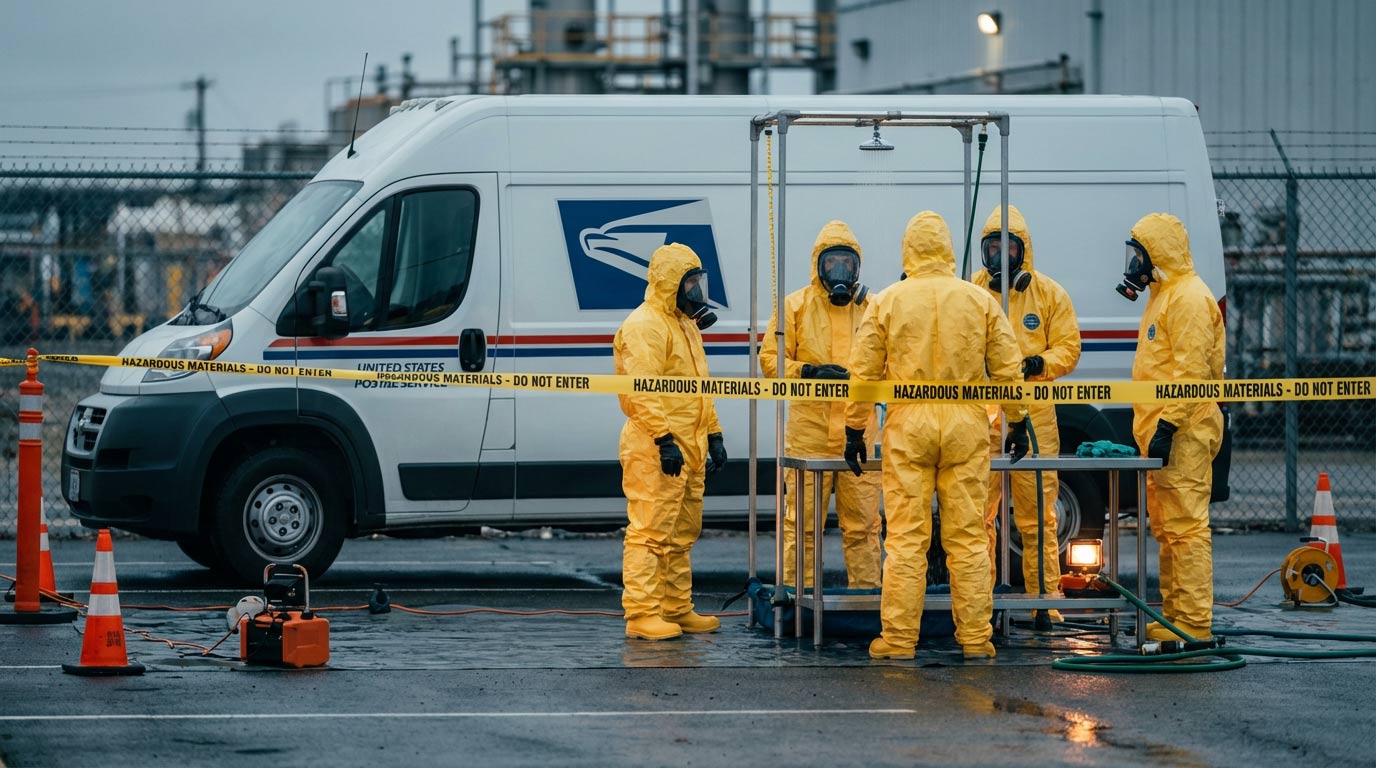Discover
Executive Leadership Training.
Enhance your executive team's crisis intelligence and critical thinking through 8 powerful modules on crisis management excellence.

Can your crisis leaders handle the worst?
This pioneering crisis management training ensures they can.
01.
Modules
8 modular and interchangeable sessions
02.
length
3 hours per session
03.
audience
Senior leadership and executive teams
04.
competencies
127 crisis competencies covered over 8 modules
We will enhance the crisis capabilities of your executives and senior managers by building awareness, critical skills, and leadership through experiential learning. As a result, your team will develop globally recognised Crisis Intelligence.
The program comprises eight modules, each led by crisis management specialists and supported by top authorities in strategic leadership, organisational change, media management, organisational psychology, critical incident stress, and other specialised fields. Training features interactive case studies of significant crisis events affecting organisations in Oceania, ASEAN, and wider afield, as well as proprietary benchmarking tools to help participants objectively track their progress throughout the program.
Choose your modules
Complete the form and we will reach out within 48 hours to share an indicative investment and next steps.
.svg)
.svg)

The Boeing 737 Max Crisis.
Don't let it happen to you.
Case Study
When two fatal crashes of the Boeing 737 MAX jet in 2018 and 2019 revealed a flawed automated flight control system, then-CEO Dennis Muilenburg’s poor crisis management exacerbated the situation. His defensive response, lack of transparency, and prioritisation of financial interests over safety eroded public trust and led to the grounding of the 737 MAX for nearly two years. This severely tarnished Boeing’s reputation, resulting in billions in financial losses from compensation costs, legal settlements, and production delays. Ultimately, this led to Muilenburg’s removal in December 2019.

According to Deliotte, only 32% of Executives engage in crisis simulation and exercise annually.
A distinctive experiential learning environment can fix this.
Though experiential learning techniques are widely used, the Executive Leadership Program redefines the approach, offering unparalleled crisis management training.
The program is offered in flexible formats, including intensive public sessions, in-house team programs, or as part of executive development for individual managers.
At Fixinc, we proudly offer a crisis leadership training program unmatched by any other solution or educational institution in Oceania and the ASEAN regions.
The program is offered in flexible formats, including intensive public sessions, in-house team programs, or as part of executive development for individual managers.
At Fixinc, we proudly offer a crisis leadership training program unmatched by any other solution or educational institution in Oceania and the ASEAN regions.
Course modules.
Pick and choose, invest only in what you need.
Program components
Eight modules make up the entire course, a total of approximately 24 hours of training. However, organisations are often at different stages of their resillience maturity. That's why these courses are modular and customisable to your needs.

This program prepares leaders to respond to, and recover from, any crisis event. Protect your organisation’s brand and reputation today, not tomorrow.
Brad Law, Co-Founder & Global Head of Consulting.


Entering 2025, the world remains fractured across geopolitics, environment, society, economy,
and technology. Conflicts have escalated, extreme weather worsened, polarization deepened, and technology
has fueled misinformation.
This introductory module offers a comprehensive overview of the key success factors essential for best-practice crisis
management. It examines the definition of a crisis and the conditions that determine when a crisis response is necessary. The module also provides a brief introduction to the other modules included in the program.

According to a PwC Global Crisis Survey, 95% of business leaders reported that their crisis management capabilities needed improvement.
Source to PwC survey
He is not a bad leader because he makes bad decisions, he is a bad leader because he makes no decisions.
Major Richard Winters, 101st Airborne, Easy Company, US Army.This module defines the skills and competencies essential for an effective crisis leader. Through case studies, participants explore the significance of these attributes and assess their own strengths and areas for development. The module also examines the expectations that various stakeholders have of a crisis leader.

"It is a well established proposition that both self control and cognitive effort are forms of mental work. Several psychological studies have shown that people who are simultaneously challenged by a demanding cognitive task and by temptation are more likely to yield to the temptation."
Daniel Kahneman - Thinking, Fast and Slow.
Further compounding his tone-deaf remarks about the oil spill, BP CEO Tony Hayward told the Today Show, "there's no one who wants this thing over more than I do. You know...I'd like my life back!"
The BP Chief Executive subsequently apologised for his remarks, but the damage had been done.
Organisations had to rapidly reassess their ability to balance in-person and remote activities during covid-19, leading to widespread implementation of remote work. This shift required HR professionals to manage new challenges in job design, workspace arrangements, and employee interactions.
Human impacts of covid-19 by Taylor and Francis OnlineOften overlooked by Crisis Teams, the human aspects of a crisis are the focus of this module. It gives participants insight into the psychological reactions individuals may experience during major events and offers strategies for managing productivity challenges arising from critical incident stress, physical displacement, reputational damage, and related impacts.

The decontamination of U.S. Postal Service facilities after the 2001 anthrax attacks was a lengthy process that took several years for some locations. The Brentwood Postal Facility in Washington, DC and the Trenton Postal Distribution Center in New Jersey were particularly affected and remained closed for years for decontamination.
The Anthrax Crisis and the U.S Postal Service, 2001.This module offers participants a set of practical tools for making critical crisis decisions. The first tool helps decision-makers recognize when to transition into ‘crisis’ mode during an incident. The second tool assists crisis managers in evaluating the potential financial, legal, human, reputational, and strategic impacts of a crisis.

"That quiet Friday afternoon has become our darkest of days. But for the families, it was more than that. It was
the day that the simple act of prayer...led to the loss of their loved ones’ lives. Those loved ones were brothers,
daughters, fathers, and children. They were New Zealanders. They are us. And because they are us, we, as a nation, mourn them."
Next steps
This course is streamlined and modulated. Start it as soon as this month.
Discovery call
Conduct an initial 45-minute discovery call with one of our Advisors.
Proposal
Fixinc will present a formal proposal with the scope and investment digitally.
Procurement
Proposal signed, engagement meeting conducted, and dates scheduled.
Training
Fixinc arrive on site for training session. Followed by post-course report and suggestions.
Talk to us about booking in some modules today.
Over a short call, we will discuss what you can expect the investment to be, what the steps are, and the flexibility of our team. No obligations, just a chat.



.svg)

















